Search Results for Tag: music
Deficits in German music education
Hellgurd and Emmy wrote about how music is not always appreciated in Kenyan and Iraqi society. They made me think of an ironic quip from my former music teacher: “Yeah, I know, I’m only teaching a subsidiary subject of the lowest level.” But regardless of what he said, he’s a very dedicated teacher, who prepares school concerts and makes music himself.
Though I liked my teacher, I was frustrated by his music lessons. Since I didn’t play an instrument myself, my first time reading notes outside of a church service was during my music lessons with this teacher. I got the difference between high and low sounds, but defining triads?! It was all Greek to me. I guess I probably didn’t open up to his lessons and thus failed my first tests in music. I just didn’t get it. Why couldn’t we just sing a song together? Wasn’t that what music lessons were about?!
![]() read more
read more
An interview with conductor Paul MacAlindin
As I promised in my last entry, I did an interview over the Internet with NYOI’s musical director Paul MacAlindin, from Scotland and now living in Cologne, Germany.
– Mr. MacAlindin, how has the NYOI’s music improved academically since the orchestra’s founding?
![]() read more
read more
Green leaves in autumn
After the National Youth Orchestra of Iraq was founded by 17-year-old female Iraqi pianist Zuhal Sultan in 2009, we saw much better progress among Iraq’s young musicians. Every year the Orchestra has its own courses in the summers, usually in July or August, with many great orchestral tutors coming from all over the world to Kurdistan. The orchestra usually contains 45 to 50 players – Kurds and Arabs – without restricting itself to any single nationality, religion or culture. It’s hard to bring this many different groups together in one country, but on stage, the orchestra could do just that. That is the power of music, which can bring people together despite their differences.
![]() read more
read more
Far from good, but good from afar?
Last time, I wrote about how the competition in the job market in Kenya is getting stiffer by the day. More and more people now have master’s degrees, for example. The question is: Where does that leave those who cannot afford to climb the education ladder that high?
There are other options. One can go to a tertiary college. I have several cousins and other relatives who did not have the finances to go on to university once they finished high school, even though they had worked hard enough to get grades that would have been sufficient for entering a university.
![]() read more
read more
Musician, teacher – or both?
Once you’re in your fifth year of studies to become a teacher in Iraq, you start training in a primary school or a kindergarten. It takes about forty days, and on some of them, your professors come to the class and evaluate your teaching. When they’re there, it’s important to give an exam that shows off your abilities and what have you learned during those five years.
![]() read more
read more
Growing acceptance for music in Iraq
In my last entry, I talked about the problems in Iraq’s fine arts institutes. In the last decades in Kurdistan, I think people have come to a better understanding of art in general – and music specifically – but this is not true in every area of my country. Some families do not allow their girls to study music – or sometimes even their boys – because of religious beliefs or because they think it’s inappropriate to make music. You’ll find this view mostly among people who live in the countryside but also among people who have left their villages for small towns or cities or, finally, those with very conservative minds. I know a famous Kurdish musician who studied music for five years away from his hometown without letting his father know what he was studying there. It was only after he graduated that his father found out – otherwise he would have stopped his son’s studies.
![]() read more
read more
Art for art’s sake in Iraq’s colleges?
Iraq’s fine arts institutes and colleges have made good progress in producing young artists in every creative field, but there are many issues still to talk about, and many things need to be changed in the system. I want to talk about the system in general in this post and go into more personal experiences in my next post.
I went to a fine arts institute, for which students in Iraq are eligible after finishing secondary school. In my experience, if you are interested in music, you should get started with it at a very early age – maybe between 3-5. Then you can learn to play naturally, and a similar argument could be made for other artistic fields.
![]() read more
read more
Strokes of luck
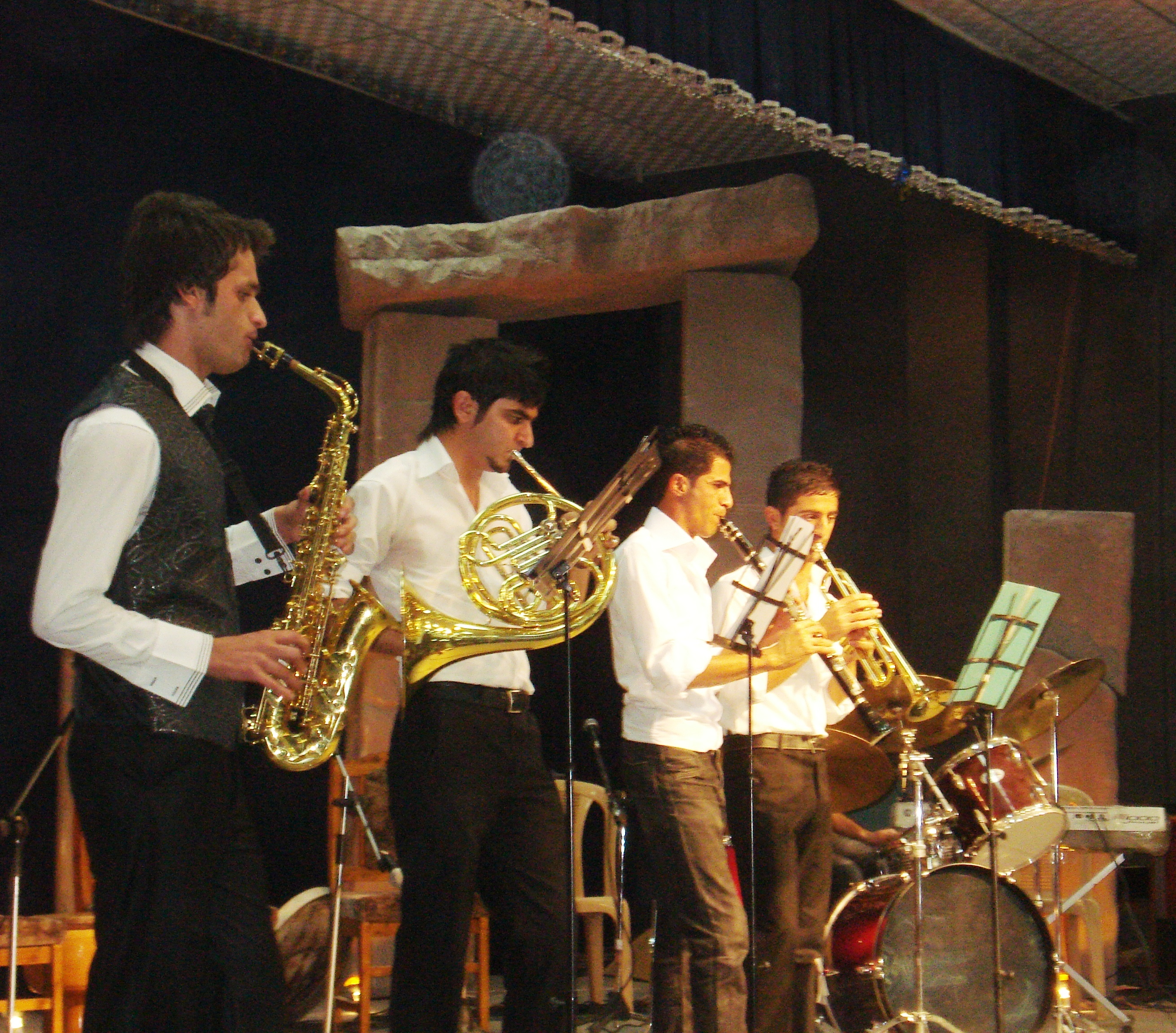
Each year, students at the Ranya Institute's festival show off what they can do
I graduated from the Music Department at the Ranya Institute of Fine Arts in June 2008. Of course, I was happy to be done and excited because I thought that I had a job lined up for right afterward. I did everything necessary and met the requirements for a position teaching in a primary school. But it turned out that we recent graduates were unlucky – and not just in my field. No one was finding jobs in Iraq.
![]() read more
read more





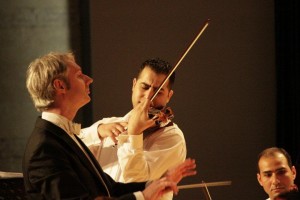
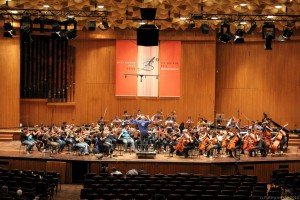

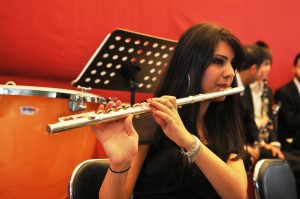
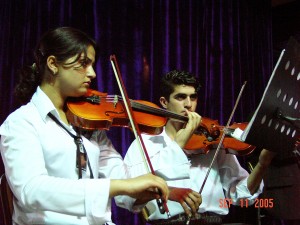

Feedback